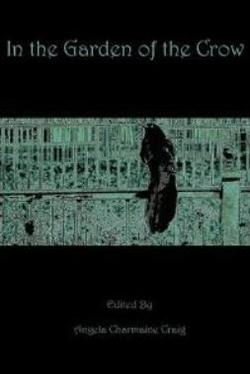Don’t call me a fairy
though I may be fae.
Watch over your child
lest I take her away.
I want to trade places
and live in your world,
grow up dressed in satin,
be prettily pearled.
I’ll make the change quickly.
Don’t worry: your gain!
Your real child will flourish
in wind and in rain,
out in the woods
with the best faery folk.
No, I’m not kidding.
This isn’t a joke.
Don’t call me a faery;
a real child I’ll be.
We’ll see if you notice
when your child is me.
(c) B.J. Lee 2013
Yes! I have had a poem nominated for The Rhysling Award! No, this isn’t it. I didn’t want to post that poem until after the votes were in. This poem, “Don’t Call Me a Fairy,” was nominated for the same award in 2014. It didn't win. It's about the European (especially Irish) folklore tradition of "changelings"-- fairies exchanging one of their own for a human child, a properly fantastical speculative topic.
I wanted to share a little bit about speculative poetry since I have so much fun writing it and because not everyone may be familiar with it. I only learned about spec. poetry because my husband, poet Malcolm Deeley, used to write a lot of it before turning to novel writing (he's got five volumes on Amazon.) Speculative poetry comprises science fiction, fantasy and horror; obviously for children, that would be very mild horror.
Writing speculative poetry is a nice change from writing purely children’s poetry. While most spec. markets are for adult poetry, there are a number of markets for younger children, MG and YA - Spaceports and Spidersilk and Frostfire Worlds are two that come to mind. If you are interested, check here for additional markets and check out the SFPA (Science Fiction Poetry Association) site in general if you would like more information and/or to view the various awards and contests the SFPA offers.
A big thank you to Karen for hosting Poetry Friday today. Happy Poetry Friday, everyone!
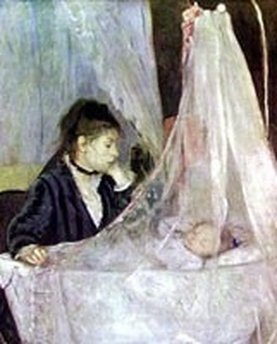

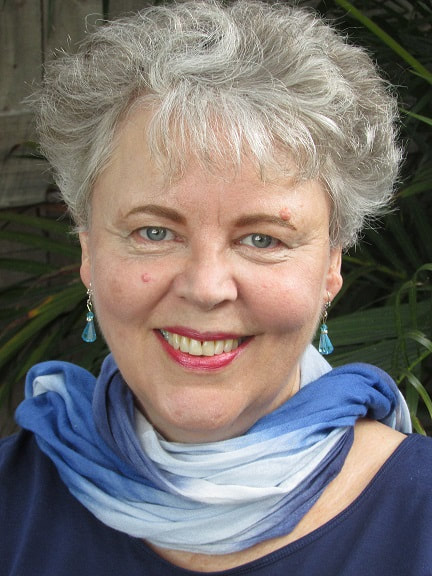
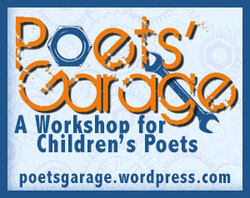
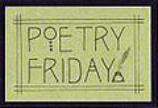
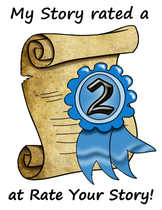
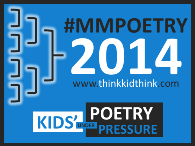
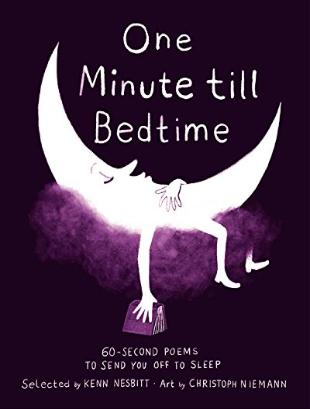
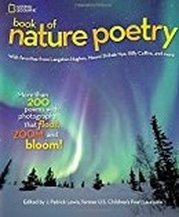
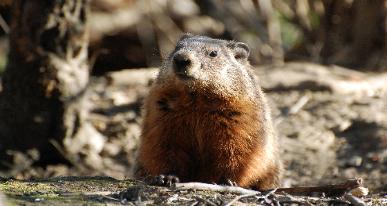
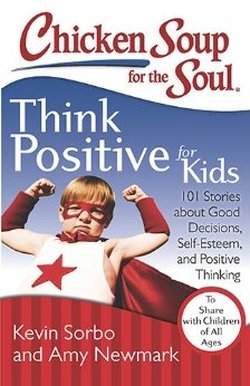
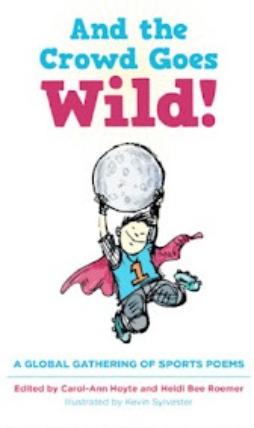
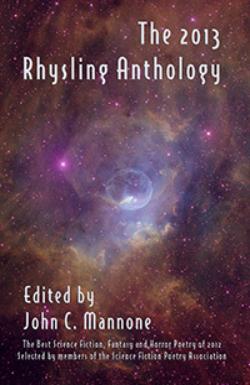
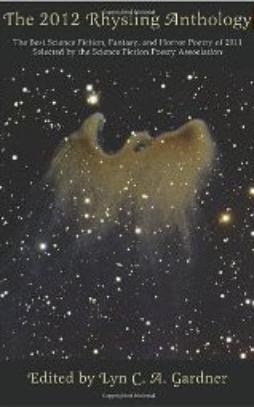
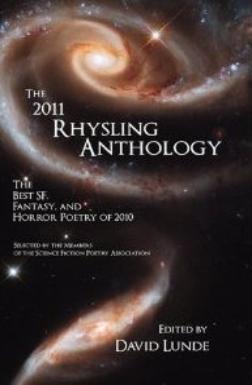
 RSS Feed
RSS Feed
